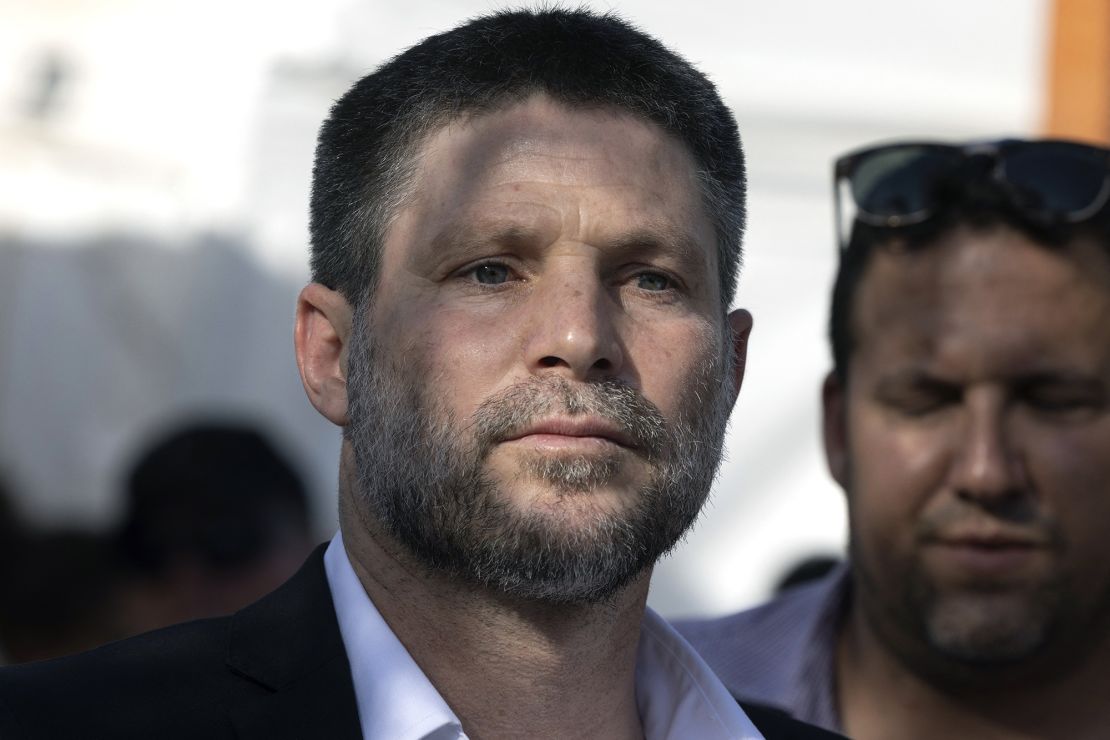- Copy to clipboard
- Thread starter
- Moderator
- #41
- Sep 2, 2024
- 112,063
- 535
- Origin

- Residence

Israel says it has killed about 250 Hezbollah fighters since ground operations in Lebanon began
From Tamar Michaelis, CNN's Jeremy Diamond and Pauline Lockwood
Residents run for cover following an Israeli airstrike in Beirut on Friday.
Hassan Ammar/AP
Israel’s military says it has killed “approximately 250” Hezbollah militants since launching a ground offensive in southern Lebanon earlier this week.
About 100 of the Iran-backed group’s fighters have been killed in the last 24 hours, the Israel Defense Forces said in a briefing Friday.
“What we have seen in these days of more intense fighting … I can tell you that alongside our casualties we’ve been able to inflict a serious blow to Hezbollah, to its senior level and to its tactical level commanders,” the IDF’s international spokesperson, Lt. Col. Nadav Shoshani, told reporters.








